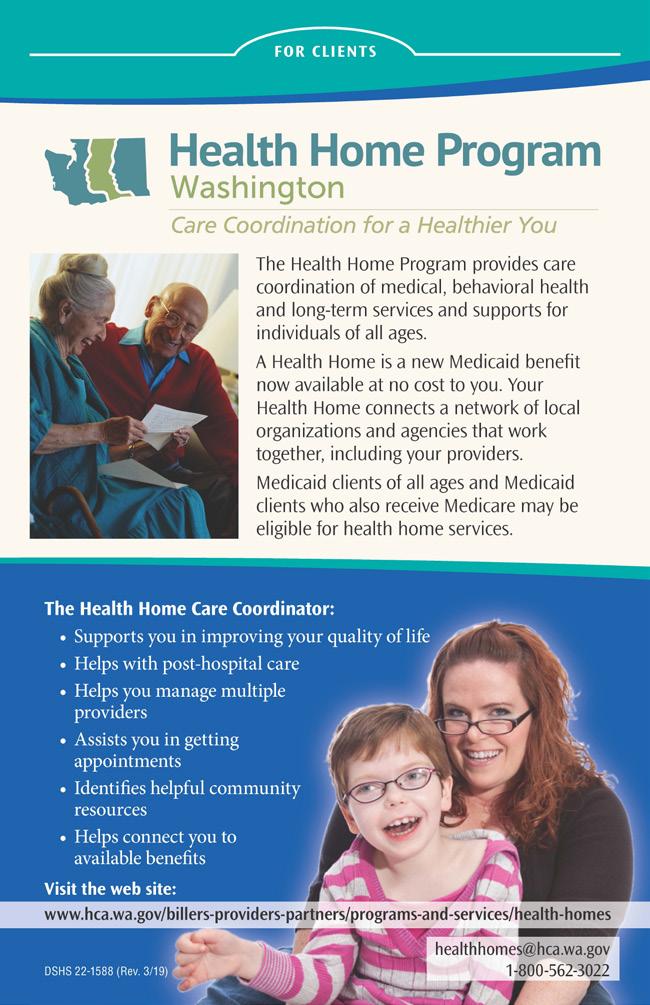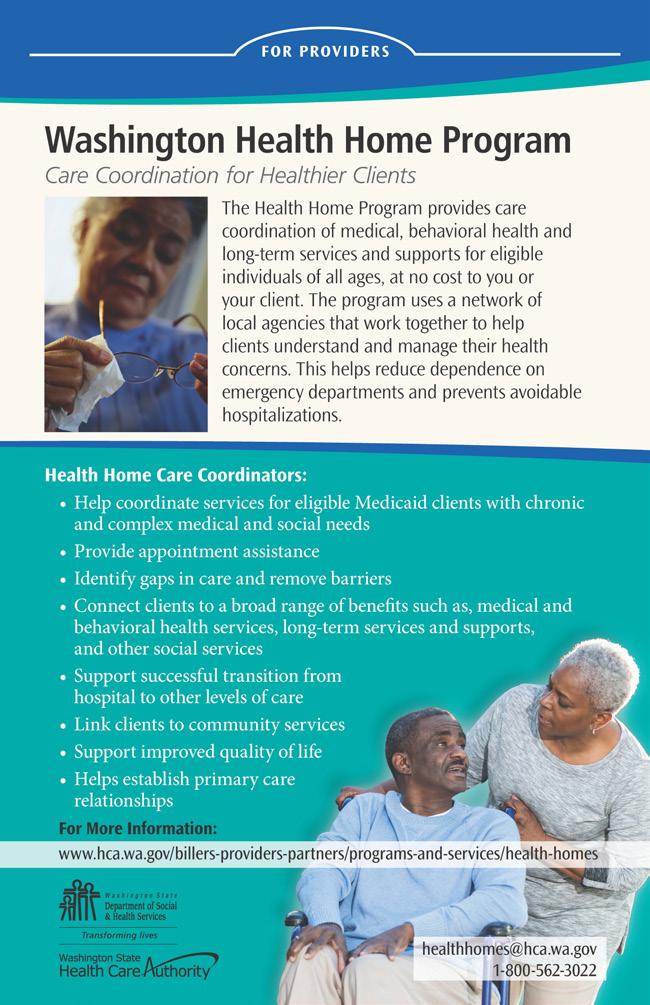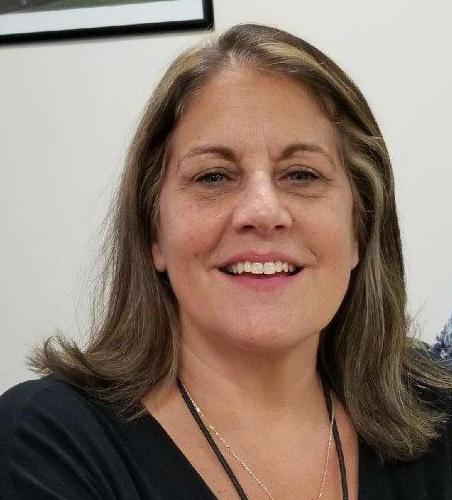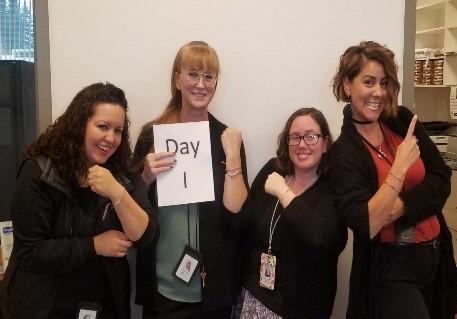
3 minute read
PARTNERSHIPS: HEALTH HOMES
Health Homes HCS Highlights | Winter 2019 Highlighting Partnerships:
Each issue, we will spotlight one of the many HCS programs that relies on strong partnerships. This issue, we are featuring the Health Homes program.
Advertisement
The Health Homes program is an example of one of the many ways HCS is innovating to better serve our clients while reducing costs. The program, which is jointly administered by ALTSA and the Health Care Authority, is a Medicaid demonstration project that began in 2013 to provide care coordination to individuals with significant needs while reducing Medicare and Medicaid costs. The program seeks to demonstrate that through care coordination and goal-setting, clients can improve their health while reducing costly hospital visits, nursing home stays and other medical interventions. About 10,000 individuals were enrolled in the Health Homes program as of July 2019.
Partnerships with other agencies and organizations have helped make the program possible. The Health Care Authority, the state’s Medicaid agency, holds the contracts with Health Home leads across the state.
“In every aspect of the Health Home program, we have representatives from both sides participating,” said Brendy Visintainer, HCS training and monitoring specialist. “We are all working together with that same goal of providing a program that has high standards for our customers.”
Brendy works regularly with four other program staff members, including one at ALTSA and three at HCA, on the Health Homes demonstration to develop policies and procedures, oversee contracts, manage the care coordination network and conduct outreach and engagement activities.
The Northwest Regional Council provides Health Homes care coordination in Whatcom and Skagit Counties. Pictured (left to right) are: Colleen, Megan, Megin, Brenda, Katie V., Karen F., Sarah, Katie Z., Hannah, Kelly, Lynn, Peter, Silva, Ryan, Ericka, Dave, Allison, Dan and Joanie.
“We all play our roles but we also have to buy into the decision-making,” said Kelli Emans, HCS integration unit manager. “We each bring a different perspective into how something could or could not work. By having those different perspectives, it gives us more inclusive decision-making.”
ALTSA and HCA also receive assistance from DSHS’s Research and Data Analysis (RDA), which provides valuable data and analytics to analyze the program’s effectiveness. The collaboration is paying off. In a letter to state Medicaid directors earlier this year, the Centers for Medicare and Medicaid Services encouraged other states to adopt similar targeted models of intensive care coordination. “ The Health Homes intervention is successful because it is built on the premise that individuals can make a difference in their own health.
– Bea Rector
Independent evaluations also demonstrate that the program is accomplishing both its outcome and cost goals. Inpatient admissions of Health Homes participants dropped by 4.5% between the demonstration’s baseline period of 2011-2013 and 2016. Skilled nursing facility use dropped by almost 20% in the same timeframe. Clients in the Health Homes program also had a reduced probability of long-stay nursing facility admission.
“The Health Home intervention is successful because it is built on the premise that individuals can make a difference in their own health,” said HCS Director Bea Rector. “Individuals are encouraged and supported to set goals that are important to them, increase their confidence and skills to manage chronic conditions and mentored to interact more effectively with their doctors and members of their care team. As a result, their health and wellbeing improves and dollars are saved.”
Participants in the Health Homes program are assigned to a care coordinator at one of 82 care coordination organizations throughout the state. These care coordinators help participants develop individualized health action plans and provide ongoing support to implement these plans to improve the participants’ health. Area Agencies on Aging play a critically important role in delivering care coordination by serving as lead agencies and care coordination entities.
“Instrumental to the success of this program are the communitybased leads and organizations that have been out there doing the care coordination,” Kelli said. “We wouldn’t have been able to do this without them. They’re doing the heavy lifting to make this work.”


Strong relationships with state and community-based partners are essential, particularly for serving people who have complex needs. For individuals enrolled in the Health Homes program, these partnerships allow them to take control of their health and wellbeing in meaningful, and sometimes life-changing, ways.






